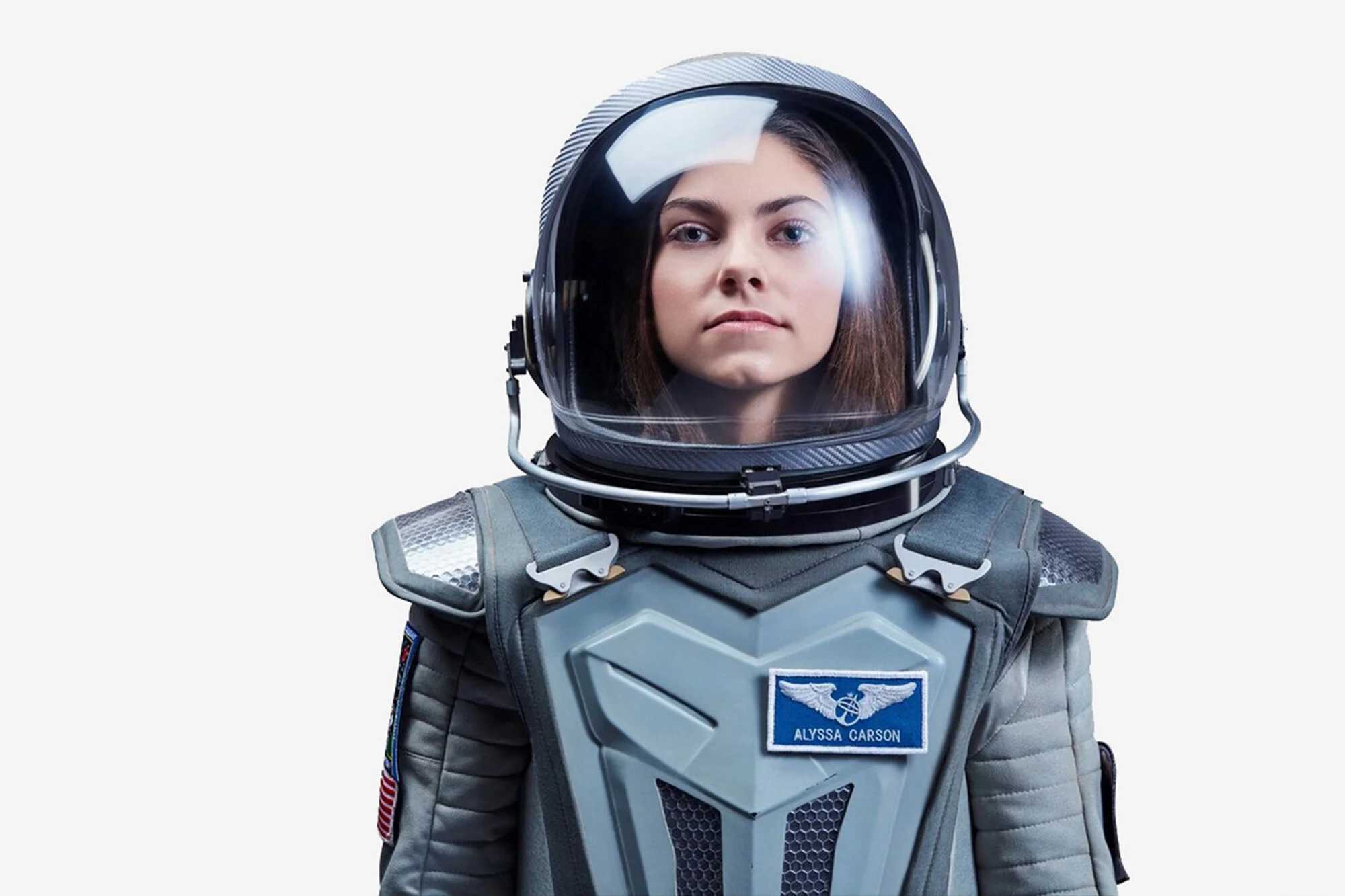'5+1' with youngest astronaut in training and future Mars walker Alyssa Carson
In our latest edition of ‘5+1’ we talked to Alyssa Carson who is the youngest woman in the world to be trained as an astronaut. Ever since she was a little girl, Alyssa dreamed of flying into space. Likely in 2030 her dream of being the first human being on Mars will come true.
1. Since when do you follow the dream to fly into space? Where does this passion come from and what fascinates you about it?
I decided to become an astronaut when I was super young. I think it was around three and it basically started when I was watching an episode of the cartoon “The Backyardigans”. My dad remembers that I was coming to him asking all kinds of questions about space and Mars. So thats likely the first place when I was hearing about the word Mars.
2. You are 19 years old now. At the age of 32 you will start your mission to Mars. How do you prepare for that and what has been the most challenging part of the training?
When I was younger I started to go to space camps because that was the best way to learn the most I could about space and the mission to Mars and whatever it takes to be an astronaut. I am also building up other skills to my resume. Besides I am getting my scuba certificate, pilots license, doing skydiving and other core like training experiences that can relate to space. I also work with project PoSSUM, which is a research scientist and citizen science research group. With them I am able to go into different research missions and research campaigns. We will do my go-gravity flights, we do a lot of space suit testings, water survival training, decompression training, g-force training – its all for research but it’s also skills that I can easily apply to space at the end of the day and when I go to apply. Definitely the most challenging part has just been either time management or the water survival training just because it was pretty physical being in space suits and also trying to pull yourself into a life raft.
3. Your profession and branch – just like the mobility industry is also dominated by men. What were your experiences as a young woman at NASA?
The space industry is definitely being male dominated. The good thing we are seeing now is, during the selection process we usually have more half and half – more females getting selected into the astronaut corps. But for me the important part is that there are tons of thousands of people working to put this one astronaut into space. In my opinion it’s going to be important to see more women across all those many careers whether engine tester, engineers … There are many departments and many different sectors around the country that still only have one woman in the office. So I think that there is going to be a big change. It is mostly male-dominated – however most of the stuff I have done within project PoSSUM is very populated. A lot of females are involved and we stick together pretty well. A decent amount of women is involved in those different research campaigns. There are still some disparities we are trying to change.
4. How long will the journey to Mars take and how long will the mission be in total?
The mission right now will take six months to get to Mars. And then astronauts will live on Mars for about year and then about nine months to come back. It’s going to be a pretty lengthy mission and that’s all with the current technology. We do know that there are already engines that can reduce that time to six weeks to get to the Mars. However for the first few missions we have to use the older technology just because the new stuff has to be tested and approved. But we are already in the process of shortening that time span.
5. How realistic do you think it is that journeys into space or to other planets will become normal?
I do think it is becoming more normal and normal to travel deeper into space. With all the talk about going to Mars, it definitely excited the public of everything going on in space. You see more things about Mars on TV and movies. With that public interest going to Mars, it is going to be realistic. But I do believe it doesn’t stop with Mars – I think going to other planets will eventually become more normal. Hopefully after Mars, we will travel to like a moon of Jupiter. The more we push ourselves in terms of space, the more we are gaining here on earth as well. I do think there’s an explosion in space of the private industries, the government agencies working in space, just a whole lot of people being involved in space either going to space or working for space. I think a lot of these very bizarr and non typical jobs are becoming more and more normal and feasible for a lot of people to obtain.
And now the +1 question from Alyssa to you: “What excites you about space or the mission to Mars?”
Read more about Alyssa in our ellectric piece ‘Women who drive change’.
Pictures: Alyssa Carson
Interview: Britta Reineke



